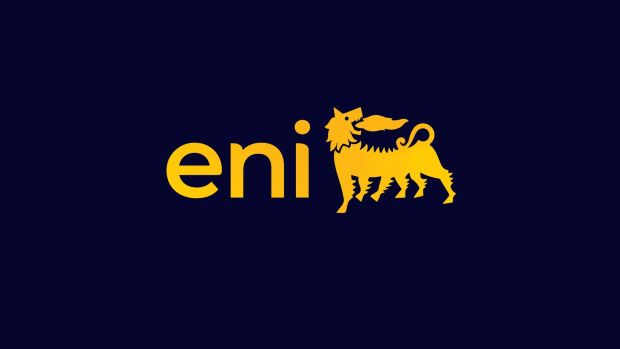London, 25 October 2023, (Oilandgaspress) – China has become the world’s biggest debt collector, as the money it is owed from developing countries has surged to between $1.1tn (£889bn) and $1.5tn, according to a new report. An estimated 80% of China’s overseas lending portfolio in the global south is now supporting countries in financial distress. Lending from Chinese state-backed banks has helped to build railways in Kenya and power plants in Cambodia, along with thousands of other projects. The AidData researchers analysed 20,985 projects in 165 low- and middle-income countries, which were financed with grants and loans worth $1.34tn between 2000 and 2021.
The researchers found that as the debts to Chinese lenders have mounted, the number of suspended or cancelled projects has also increased. With a high share of lending directed towards countries in, or at risk of, financial distress, Beijing is now increasingly worried about the risk of defaults.
In June, Zambia reached a historic deal to restructure $6.3bn of debt, two-thirds of which is owed to the Export-Import Bank of China, one of the country’s two main policy banks.
To mitigate the risk of future defaults, Chinese policymakers have introduced a number of measures, including reducing loans for infrastructure projects while ramping up emergency lending. In 2015, infrastructure project lending accounted for more than 60% of China’s loan portfolio. By 2021, the share was just over 30%, with emergency lending accounting for nearly 60%.
AidData report cites figures from the Gallup World Poll which shows that public approval ratings for China in low- and middle-income countries fell from 56% in 2019 to 40% in 2021.
AidData finds that Beijing has in recent years experienced more losses than gains vis-à-vis Washington on three measures of soft power: public opinion, elite support, and the favorability of media coverage. The Chinese authorities have responded to these challenges by changing the way that they allocate aid and credit during the BRI 2.0 era. Nearly two-thirds of Beijing’s entire international development finance portfolio is now devoted to “toss-up” countries—i.e., jurisdictions where neither China nor the U.S. has opened up an insurmountable soft power lead vis-à-vis its principal rival. The authors of Belt and Road Reboot also find that Beijing is doubling down—with additional aid and credit—in those jurisdictions where it has recently made reputational gains at the expense of Washington.
Information Source: Read More “
Energy Monitors , Electric Power , Natural Gas , Oil , Climate , Renewable , Wind , Transition , LPG , Solar , Electric , Biomass , Sustainability , Oil Price , Electric Vehicles,




